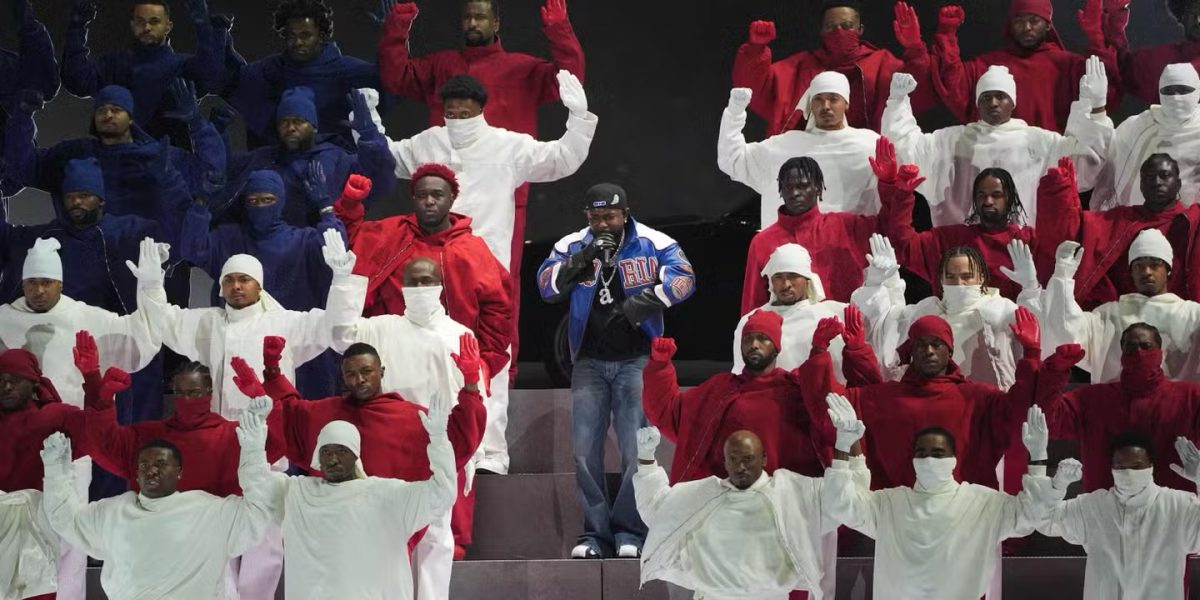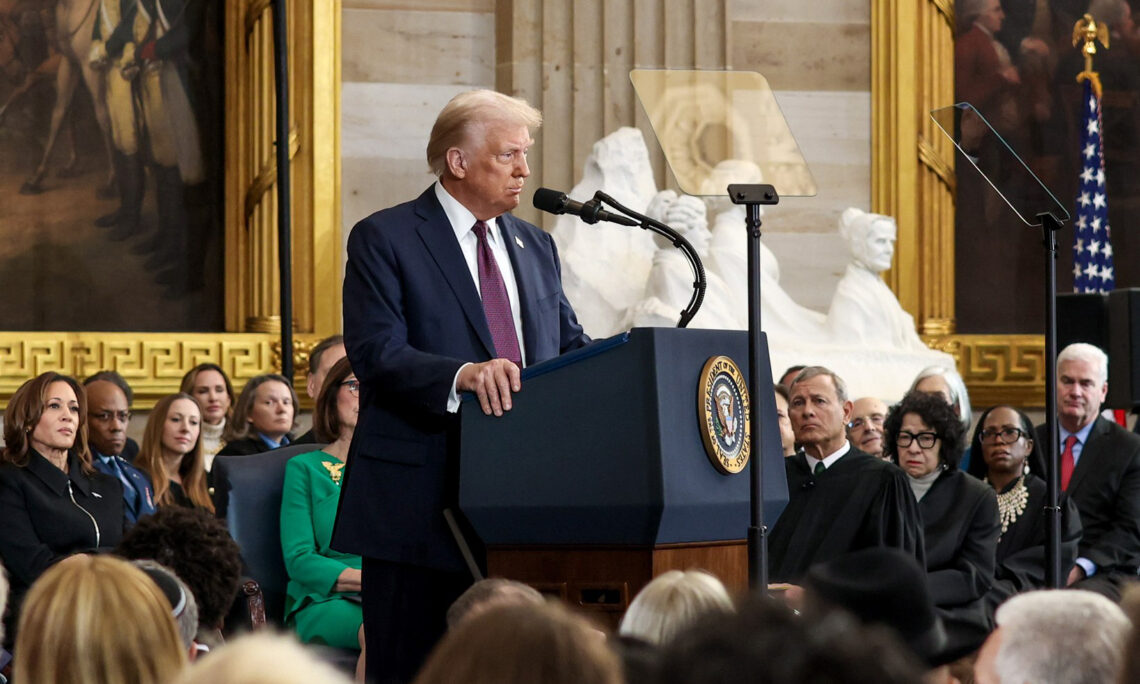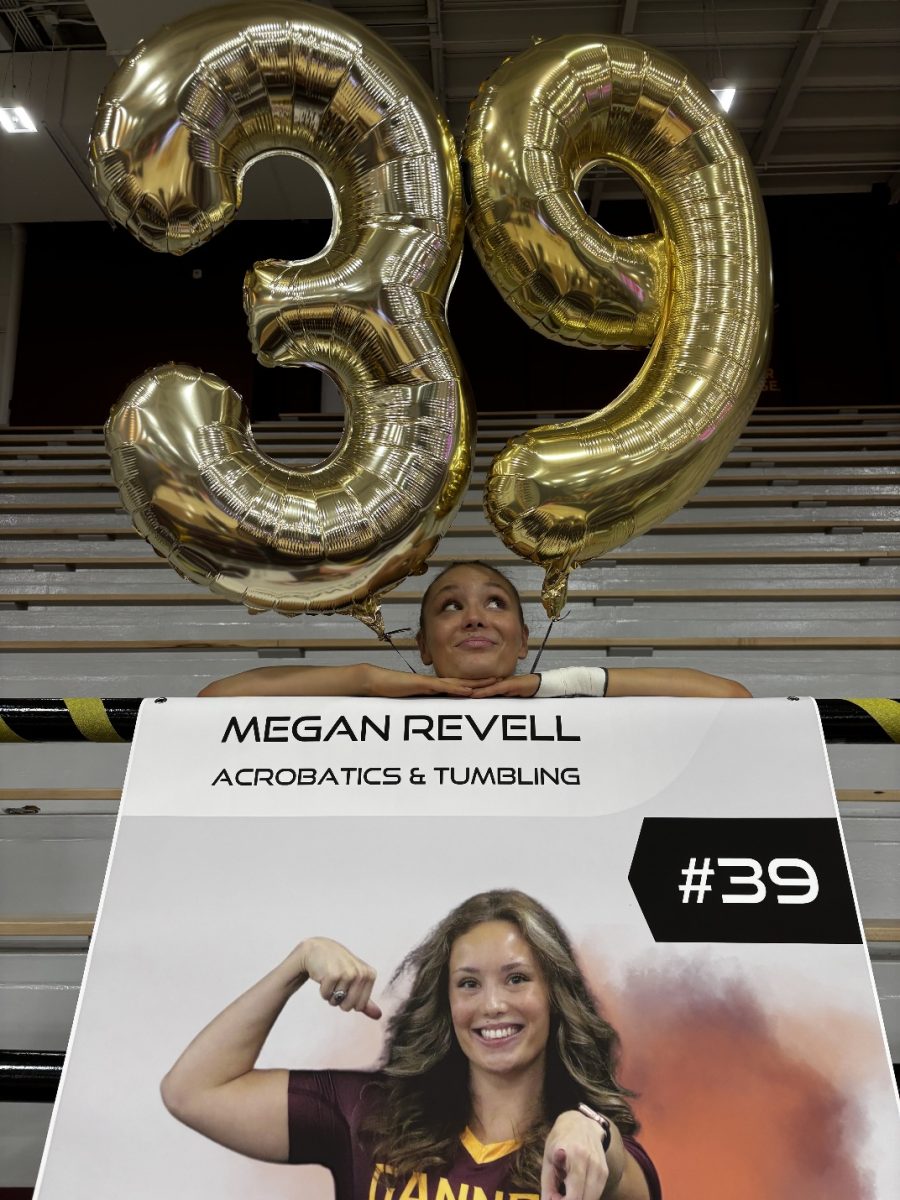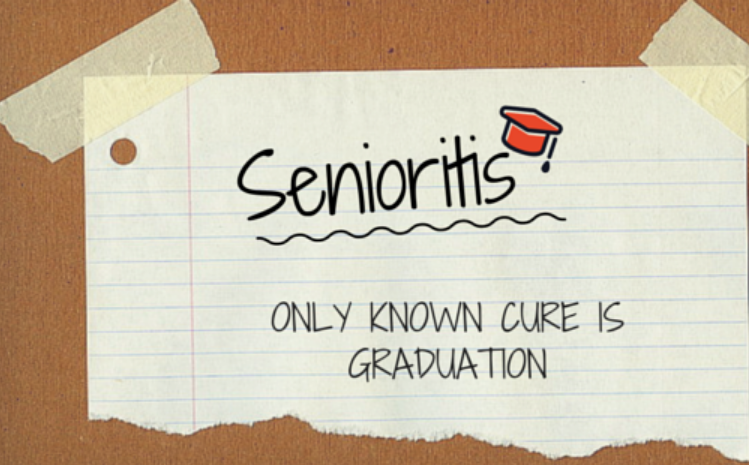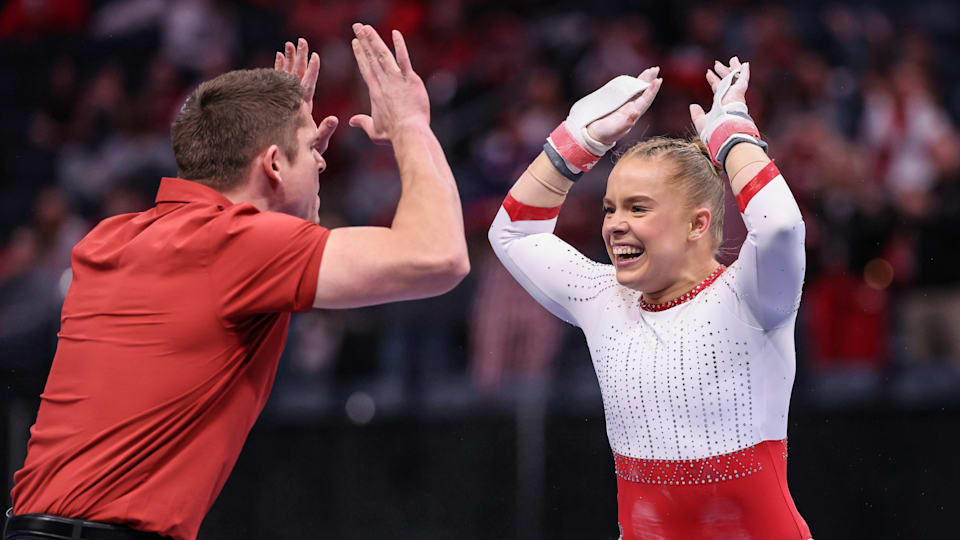Erie Pa.— A college classroom is the place many young adults go to set themselves apart from the rest of their generation. These students go there to learn new things and acquire skills that will not only aid them in their future careers, but also help them get accustomed to what some refer to as “the real world.” No matter their main area of study, students, while enrolled at a university, can expect to academically indulge into a wide variety of topics within their course load. But lately I noticed one topic gets vastly skipped over— politics.
Often, once the lecture sidebars onto a current political race or certain political figures, the professor will either abruptly shut it down or dance over the topic completely. I find issue with this aversion to politics, because most students think of their professors as experts, or at least believe that they have a much deeper understanding of the topic at hand better than those of us who pay for a seat.
When professors shut down conversations about politics in lectures, they are depriving students of acquiring a full education, especially because they are refusing to speak on a topic that is mismanaged in nonacademic settings.
College classes should be full of enriching and honest discourse between the instructor and the students, not some sugarcoated version of reality that is constructed to keep some individuals from having their feelings hurt.
That being said, it is understood many may argue that some educators can be prone to indoctrination rather than instruction when it comes to topics like politics. Because of this, many prefer that professors keep politics out of their lectures, unless they are instructing a political science course.
According to Colleen Flaherty’s article, “Student, Professors and Politics,” for Inside Higher Ed, it is mentioned that students have reported “feeling pressured to align their thinking with their professors’ politics”. The article also states that studies have shown most professors express “politically liberal views” within their instruction, and that conservative students tend to feel more pressure about their political leanings than liberal students.
When most students come into college, they take with them their already preconceived notions of the world— and that includes their political leanings. Many people acquire their political stance from family members, and do not get to hear much from opposing viewpoints. Often when such opposition is introduced it can cause a lot of friction, which is why some claim “politics is not a dinner table conversation.”
While talks about politics may not be an appropriate topic at the dinner table, in an educational setting, I believe it should be encouraged. How do universities expect students to go into “the real world” without fully understanding the machine that is running it? In a country like the US, which prides itself on its bipartisan political landscape, we should openly educate the population on what they will be voting for prior to heading to the polls.
In the age of social media, we often get swayed one way or the other based on propagandist postings from one political party or the other. Rarely do we get an actual analysis of the policies and laws that these politicians plan to enforce once they get voted into office. Most of the time, we see posts about their scandalous pasts, family issues, character flaws, physical attributes, etc., because this type of content receives more clicks.
If professors do not allow an open discourse about politics in the classroom, the only exposure many students will have to these issues will be the aforementioned social media posts, and this will do more harm than an occasional discussion about policy within the lecture.
I also believe the more we speak about politics now as students, the easier it will be to have these conversations later. And by understanding and analyzing both sides of the bipartisan line, we can eventually create a little less division within our political system.
Overall, I hope that one day we can feel more comfortable having these open talks on politics in educational settings by putting aside our own biases and not shying away from having these crucial conversations.



